Venezuela's Chavez loses "president-for-life" vote
President Hugo Chavez crashed to an unprecedented vote defeat on Monday.
Monday, 03.12.2007.
09:14

President Hugo Chavez crashed to an unprecedented vote defeat on Monday. Venezuelans have rejected his bid to run for reelection indefinitely and win new powers to accelerate his socialist revolution in the OPEC nation. Venezuela's Chavez loses "president-for-life" vote In a fiercely contested referendum on Sunday, voters said "No" to a raft of reforms that would have scrapped term limits on Chavez's rule, boosted his powers to expropriate private property and allowed him to censor the media in emergencies. The "No" camp won with about 51 percent of the vote, beating the anti-U.S. president who scored around 49 percent support, election officials said early on Monday. Celebrations immediately erupted throughout Caracas with caravans of opposition activists cheering, honking horns and waving flags out of car windows. Many said Venezuela had narrowly escaped the imposition of authoritarian rule. "The reform would have made some frightening changes in our country," said an ecstatic Astrid Badell, 18, pulling a plastic green whistle from her mouth to talk. "It would have practically been a copy of the Cuban constitution, and that would have been a big step backward." While Chavez remains powerful and popular, it was his first ballot box loss since he first swept into office nine years ago after failing to seize power in a 1992 military coup. The self-styled revolutionary and close ally of Cuba conceded defeat but said he would "continue in the battle to build socialism." Chavez also said the reform proposals remained "alive," suggesting he might try to push them through later on. Enough voters also balked at giving more power to a firebrand leader who calls Cuban leader Fidel Castro his "father," capitalism an evil and himself "El Comandante." Admired as a champion of the poor in city slums and rural villages, the 53-year-old Chavez has said he wants to rule until he dies. He had warned before the vote that a defeat could sink his revolution and prompt him to think about a successor. Without a constitutional reform, he will have to step down in 2013. But he took a different stance after the defeat. Venezuelan people celebrate the rejection of Sunday's referendum (Tanjug) "Not a defeat" "This is not a defeat, it is another 'for now'," he said, repeating a famous quote from 1992 when as a red-bereted paratrooper he went on national television and acknowledged his coup attempt had failed. The referendum was a major victory for Venezuela's fragmented opposition, which had failed to beat Chavez in almost yearly votes or oust him in a brief coup in 2002, a national oil strike and a recall referendum. The victory could embolden opposition leaders to try to block Chavez's plans to install what he calls "21st century socialism," which has involved nationalizing large areas of the economy in the No. 4 oil supplier to the United States. "This should cause him to rethink the pace and scope of the changes he is seeking to impose on Venezuela," said Vinay Jawahar, an analyst at Princeton University. "Whether this will happen, however, is unclear. Chavez could never be accused of not having grandiose, ambitious plans and might not be willing to let reality impinge on those." Chavez still wields enormous power in a country he has pledged to turn into a socialist state. His supporters dominate Congress, the courts and election authorities. Soldiers bark his slogan "homeland, socialism or death" when they snap their salutes. The state oil company spends more on social projects such as building homes than on exploration of some of the biggest deposits outside the Middle East. Chavez had tried to make the referendum vote a black-and-white plebiscite on his rule and sought to rally his supporters with warnings that he was under attack from Washington and other foreign enemies.
Venezuela's Chavez loses "president-for-life" vote
In a fiercely contested referendum on Sunday, voters said "No" to a raft of reforms that would have scrapped term limits on Chavez's rule, boosted his powers to expropriate private property and allowed him to censor the media in emergencies.The "No" camp won with about 51 percent of the vote, beating the anti-U.S. president who scored around 49 percent support, election officials said early on Monday.
Celebrations immediately erupted throughout Caracas with caravans of opposition activists cheering, honking horns and waving flags out of car windows. Many said Venezuela had narrowly escaped the imposition of authoritarian rule.
"The reform would have made some frightening changes in our country," said an ecstatic Astrid Badell, 18, pulling a plastic green whistle from her mouth to talk. "It would have practically been a copy of the Cuban constitution, and that would have been a big step backward."
While Chavez remains powerful and popular, it was his first ballot box loss since he first swept into office nine years ago after failing to seize power in a 1992 military coup.
The self-styled revolutionary and close ally of Cuba conceded defeat but said he would "continue in the battle to build socialism."
Chavez also said the reform proposals remained "alive," suggesting he might try to push them through later on.
Enough voters also balked at giving more power to a firebrand leader who calls Cuban leader Fidel Castro his "father," capitalism an evil and himself "El Comandante."
Admired as a champion of the poor in city slums and rural villages, the 53-year-old Chavez has said he wants to rule until he dies.
He had warned before the vote that a defeat could sink his revolution and prompt him to think about a successor. Without a constitutional reform, he will have to step down in 2013. But he took a different stance after the defeat.
"Not a defeat"
"This is not a defeat, it is another 'for now'," he said, repeating a famous quote from 1992 when as a red-bereted paratrooper he went on national television and acknowledged his coup attempt had failed.The referendum was a major victory for Venezuela's fragmented opposition, which had failed to beat Chavez in almost yearly votes or oust him in a brief coup in 2002, a national oil strike and a recall referendum.
The victory could embolden opposition leaders to try to block Chavez's plans to install what he calls "21st century socialism," which has involved nationalizing large areas of the economy in the No. 4 oil supplier to the United States.
"This should cause him to rethink the pace and scope of the changes he is seeking to impose on Venezuela," said Vinay Jawahar, an analyst at Princeton University.
"Whether this will happen, however, is unclear. Chavez could never be accused of not having grandiose, ambitious plans and might not be willing to let reality impinge on those."
Chavez still wields enormous power in a country he has pledged to turn into a socialist state. His supporters dominate Congress, the courts and election authorities.
Soldiers bark his slogan "homeland, socialism or death" when they snap their salutes. The state oil company spends more on social projects such as building homes than on exploration of some of the biggest deposits outside the Middle East.
Chavez had tried to make the referendum vote a black-and-white plebiscite on his rule and sought to rally his supporters with warnings that he was under attack from Washington and other foreign enemies.






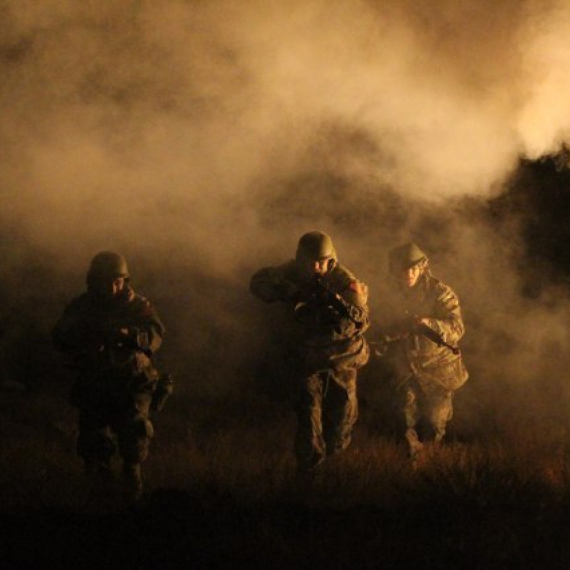



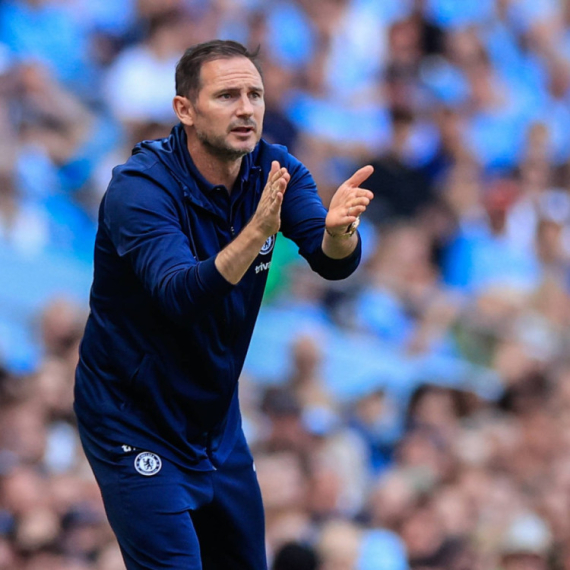

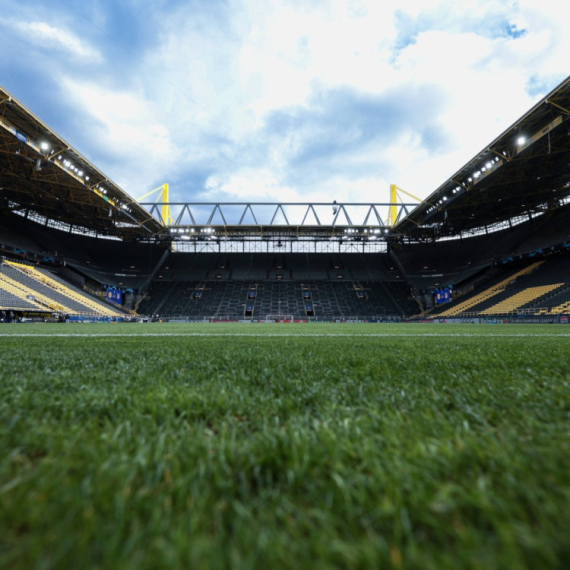
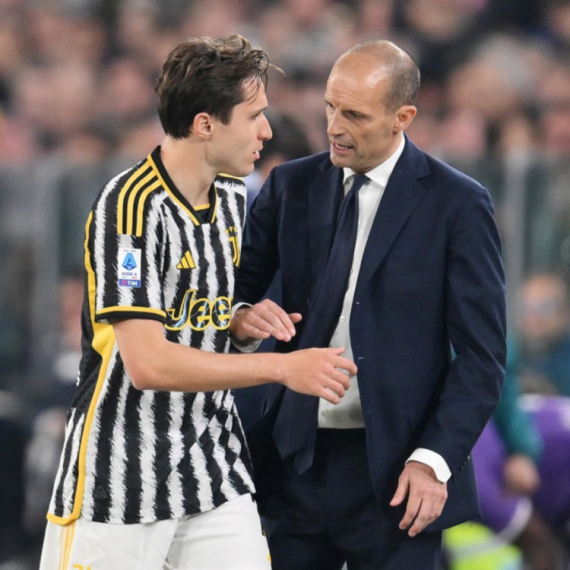
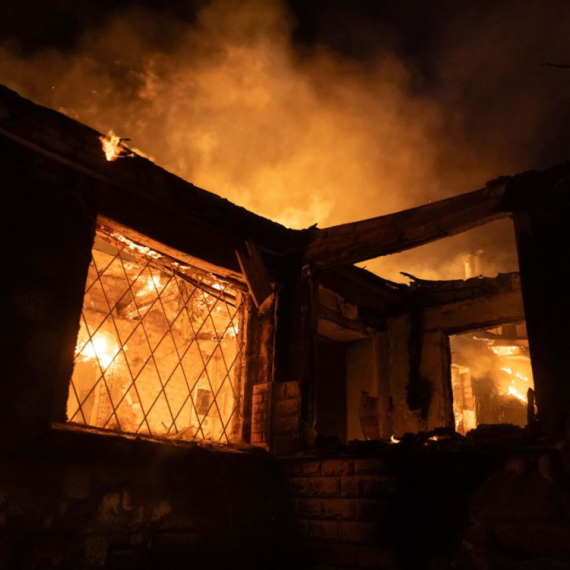

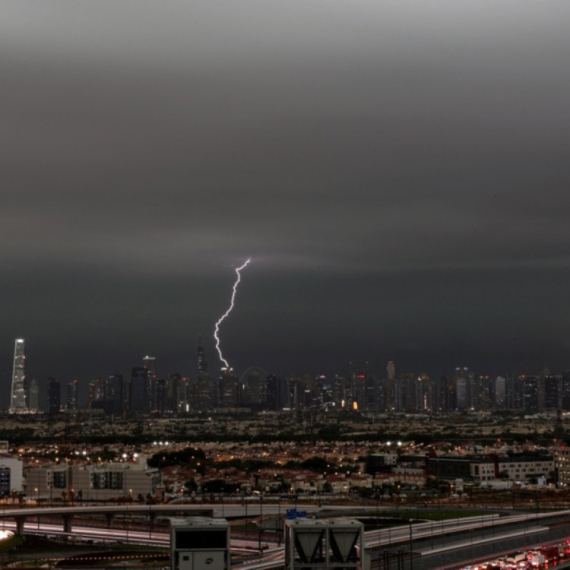



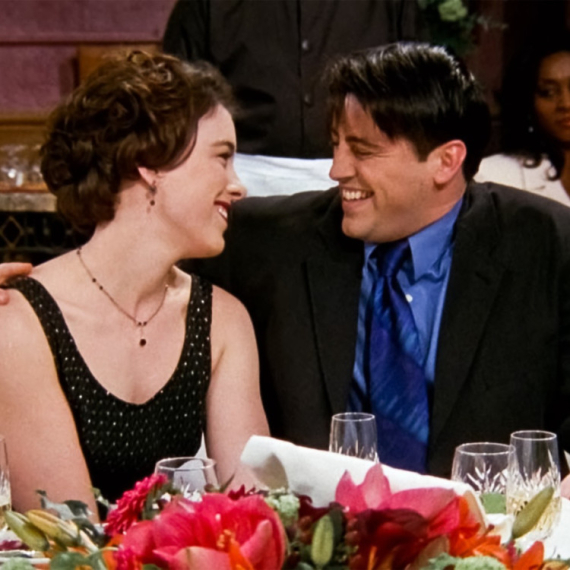





















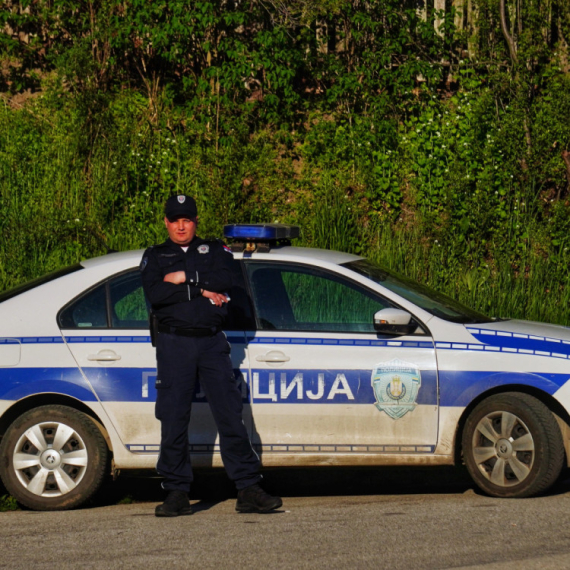
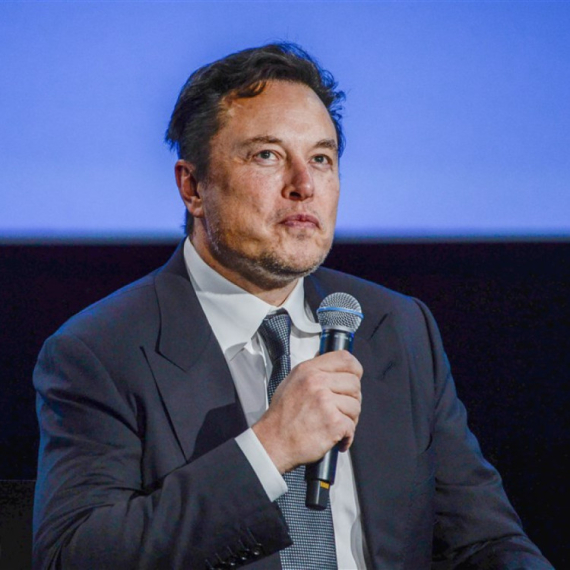















Komentari 6
Pogledaj komentare